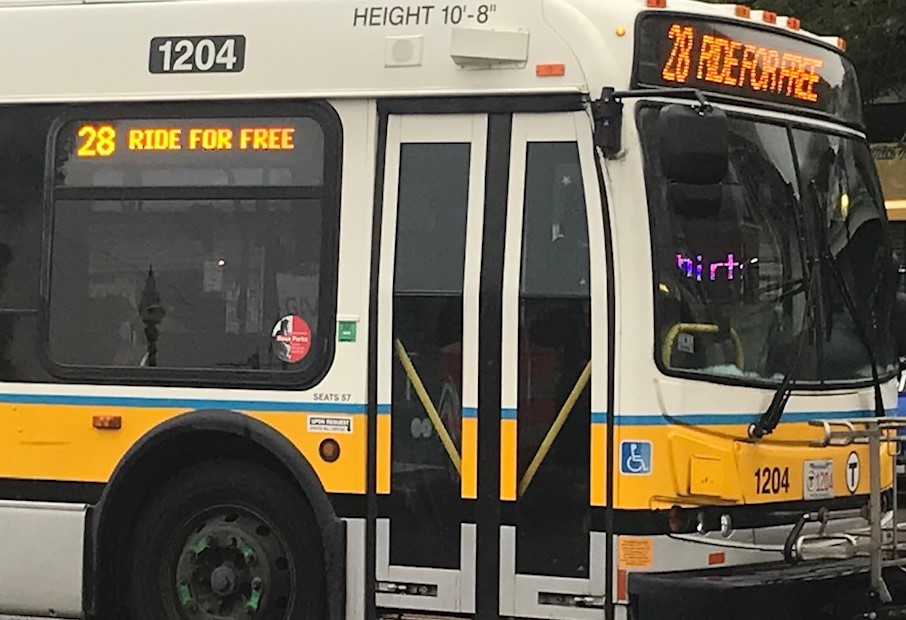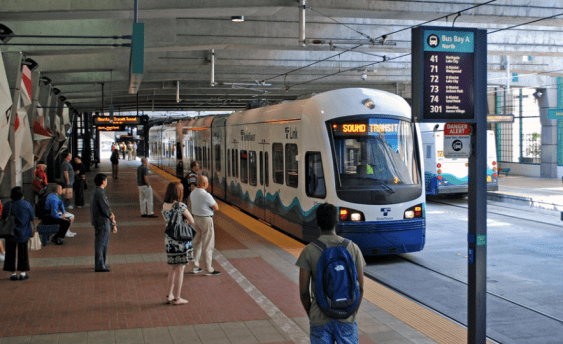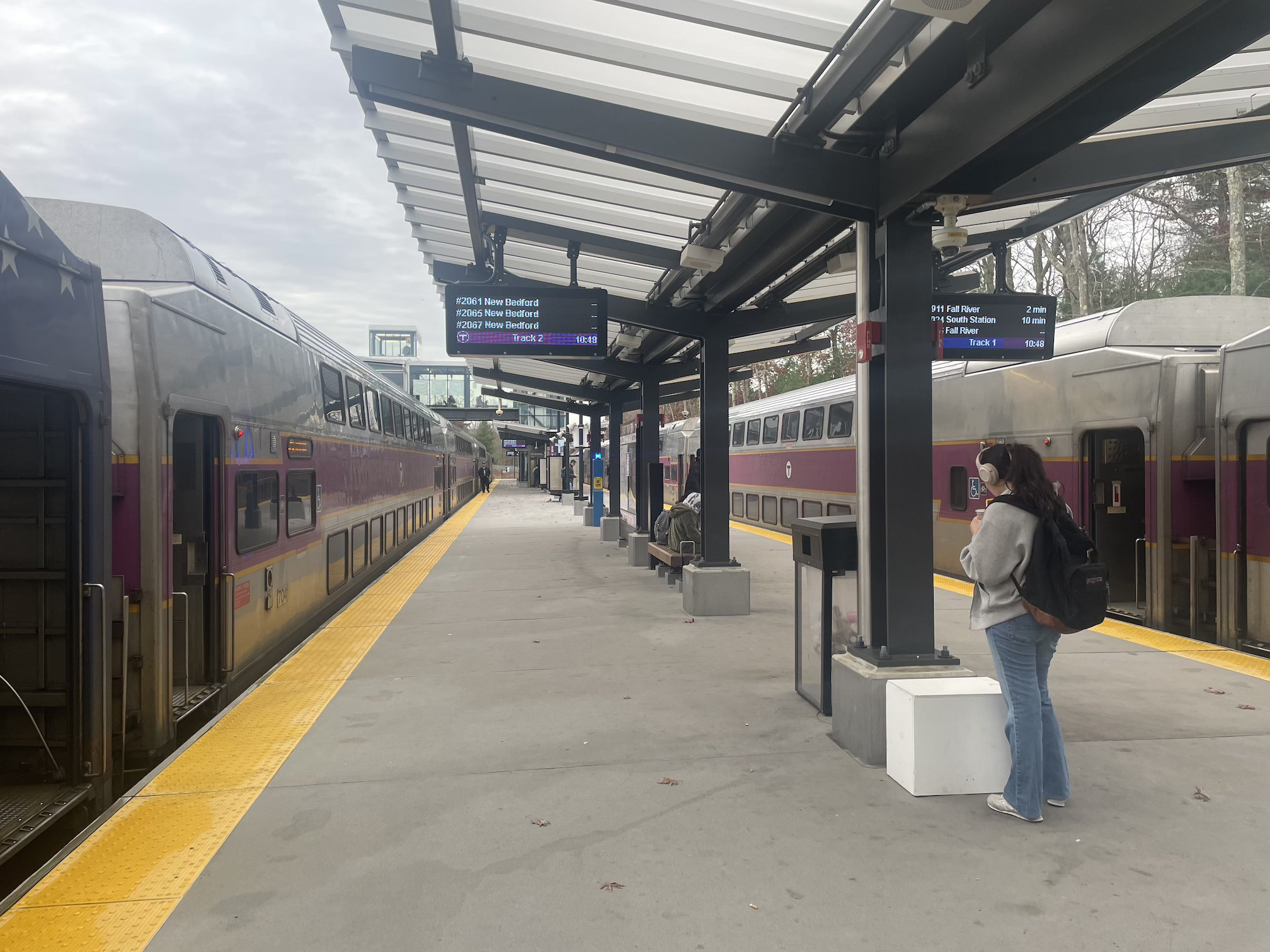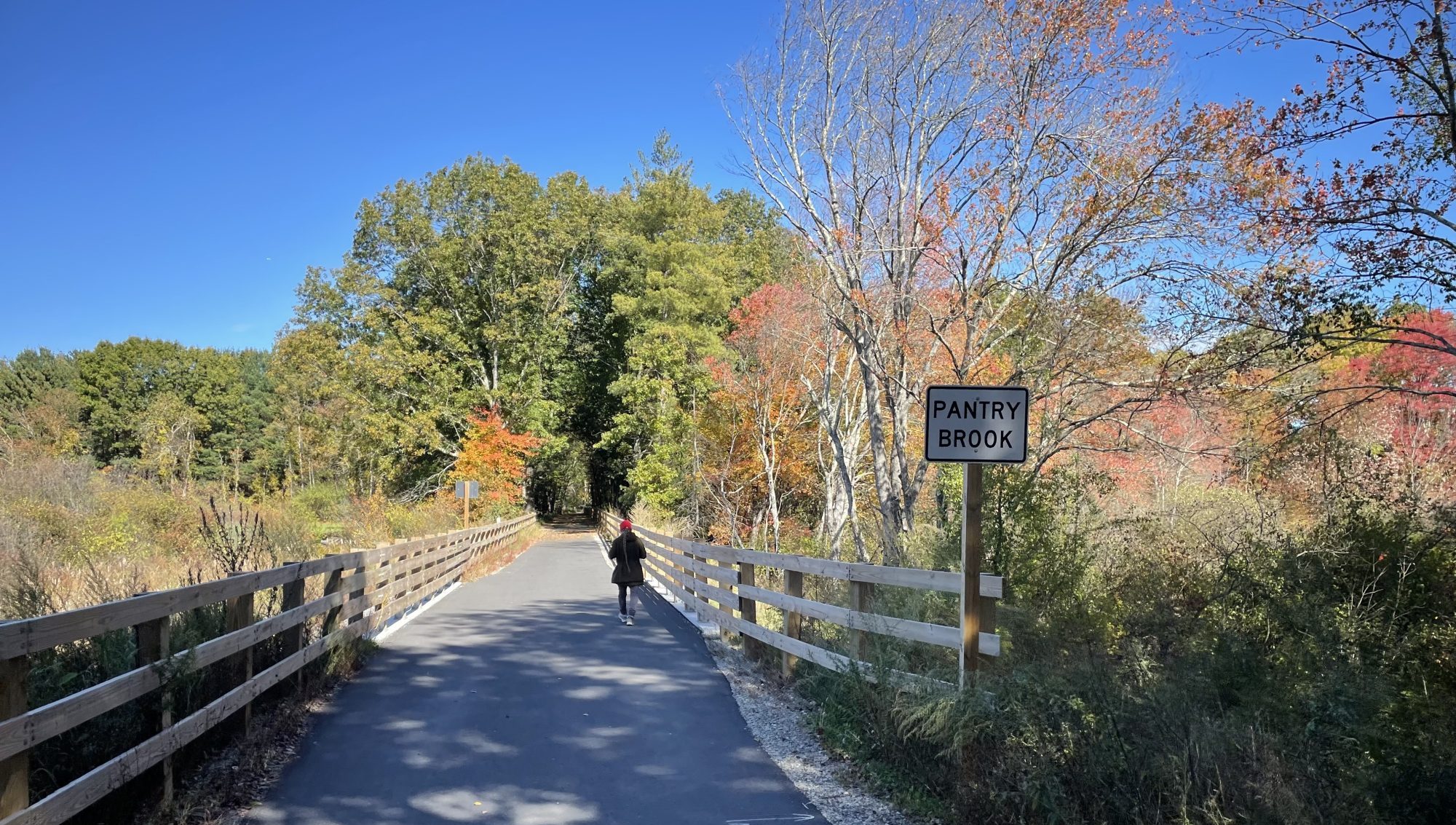
Officials approved two major expansions in fare-free bus service on Wednesday: in Boston, the City Council formally endorsed Mayor Wu's proposal to fund fare-free service on three MBTA routes in Dorchester, and earlier in the day, the Advisory Board of the Merrimack Valley Regional Transit Authority (MVRTA), which serves Haverhill, Lawrence, and surrounding communities, voted to suspend fares on all of the system's local bus routes for a two-year pilot that will begin on March 1.
The MVRTA was one of the state's early adopters of fare-free service after the City of Lawrence funded fare-free service on three local bus routes – the 34 to Prospect Hill, the 37 along Beacon Street, and the 85 Downtown Shuttle – in the fall of 2019. All three of those routes run every 30 minutes on weekdays, and hourly on Saturdays.
Those three routes have remained free throughout the pandemic, and have seen more resilient ridership than other routes in the MVRTA system, according to Noah Berger, Administrator of the MVRTA.
Berger told StreetsblogMASS that fares are “a very clunky, inefficient way of generating revenue” for an agency that's struggling to bring back riders in the wake of the pandemic.
Like their counterparts in Worcester, whose transit agency also voted to suspend fare collection in November, officials at the MVRTA have concluded that suspending fares – at least for now – makes more financial sense than upgrading the agency's old, expensive fareboxes.
Both Worcester and the MVRTA currently use fare collection equipment from Scheidt & Bachmann, the original manufacturer of the MBTA's CharlieCard system.
"If we wanted to stay with Scheidt & Bachmann, we’d have to upgrade our equipment to the tune of just under $200,000. So that created a certain urgency. It also allowed us to do the analysis on the true cost of fare collection," said Berger. "For every $1 we collect in fares, we only see 23.1 cents (after subtracting the costs of fare collection). If you add in the additional cost of upgrading our fare equipment it would be just 8 cents."
The MVRTA will use pandemic relief funds to make up for the lost fare revenue for the duration of the two-year pilot. The agency will also continue to collect fares on its Route 99 commuter bus, a limited-stop commuter coach that mostly serves 9-to-5 office workers in downtown Boston.
Meanwhile, in Boston, the Boston City Council on Wednesday approved Mayor Wu's $8 million budget request, also using pandemic relief funds, to fund two years' worth of fare-free bus service on three routes in Dorchester and Mattapan.
The @BOSCityCouncil just voted to allocate funding to make the 23, 28 & 29 buses free for 2 years! Looking forward to working with the @MBTA to launch this program. 🚌 pic.twitter.com/DpcrSvEVCk
— Mayor Michelle Wu 吳弭 (@MayorWu) December 1, 2021
During her mayoral campaign, Mayor Wu cited Lawrence's success with fare-free bus service as a model for Boston, and former Lawrence Mayor Dan Rivera, whose administration launched the city's original fare-free bus program in 2019, credited Wu for giving him the idea for the pilot program.
This story was corrected at 6:45 pm on Wed. Dec. 1. Because of an editor's error, a previous version botched the first name of the MVRTA's Administrator.






